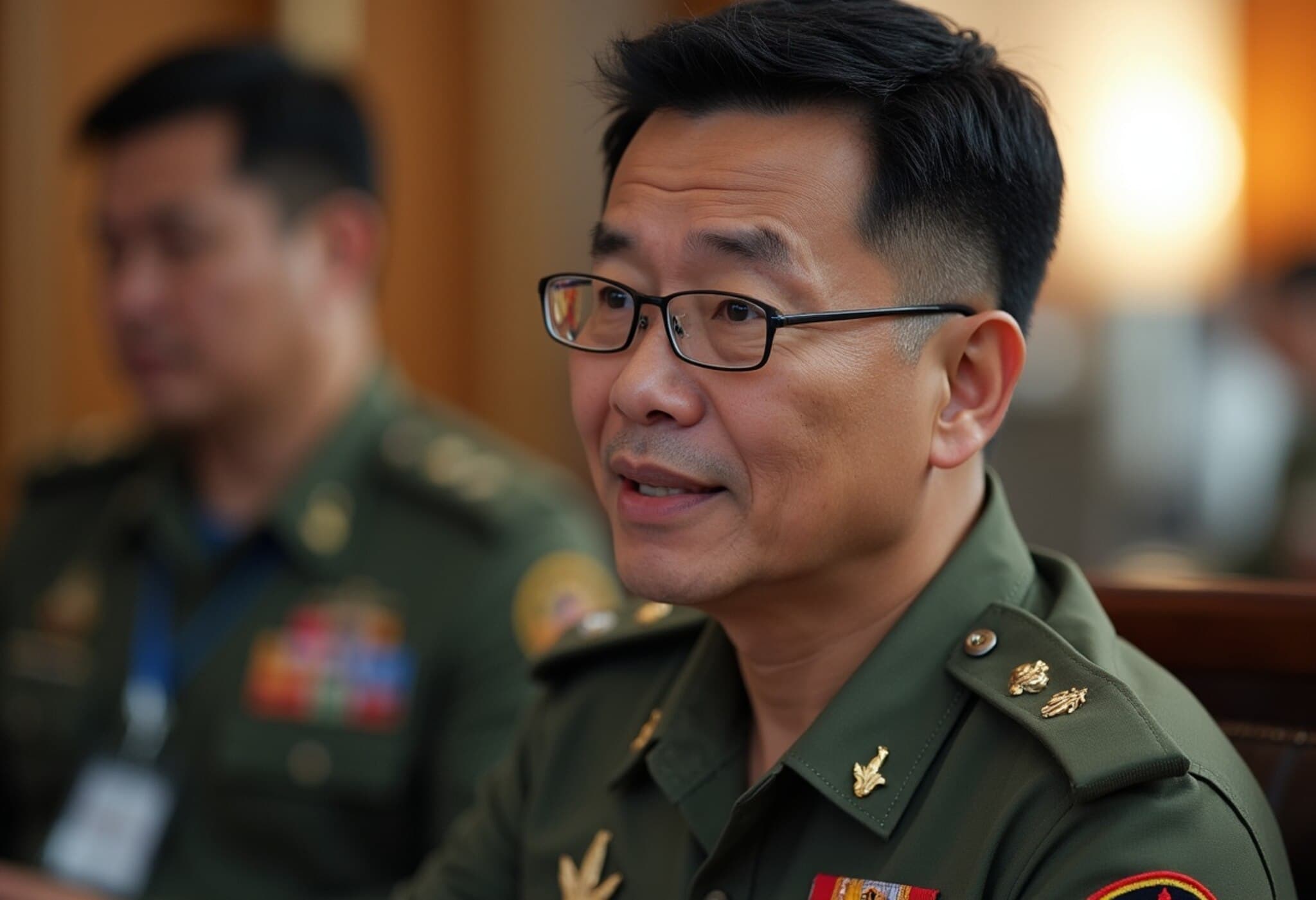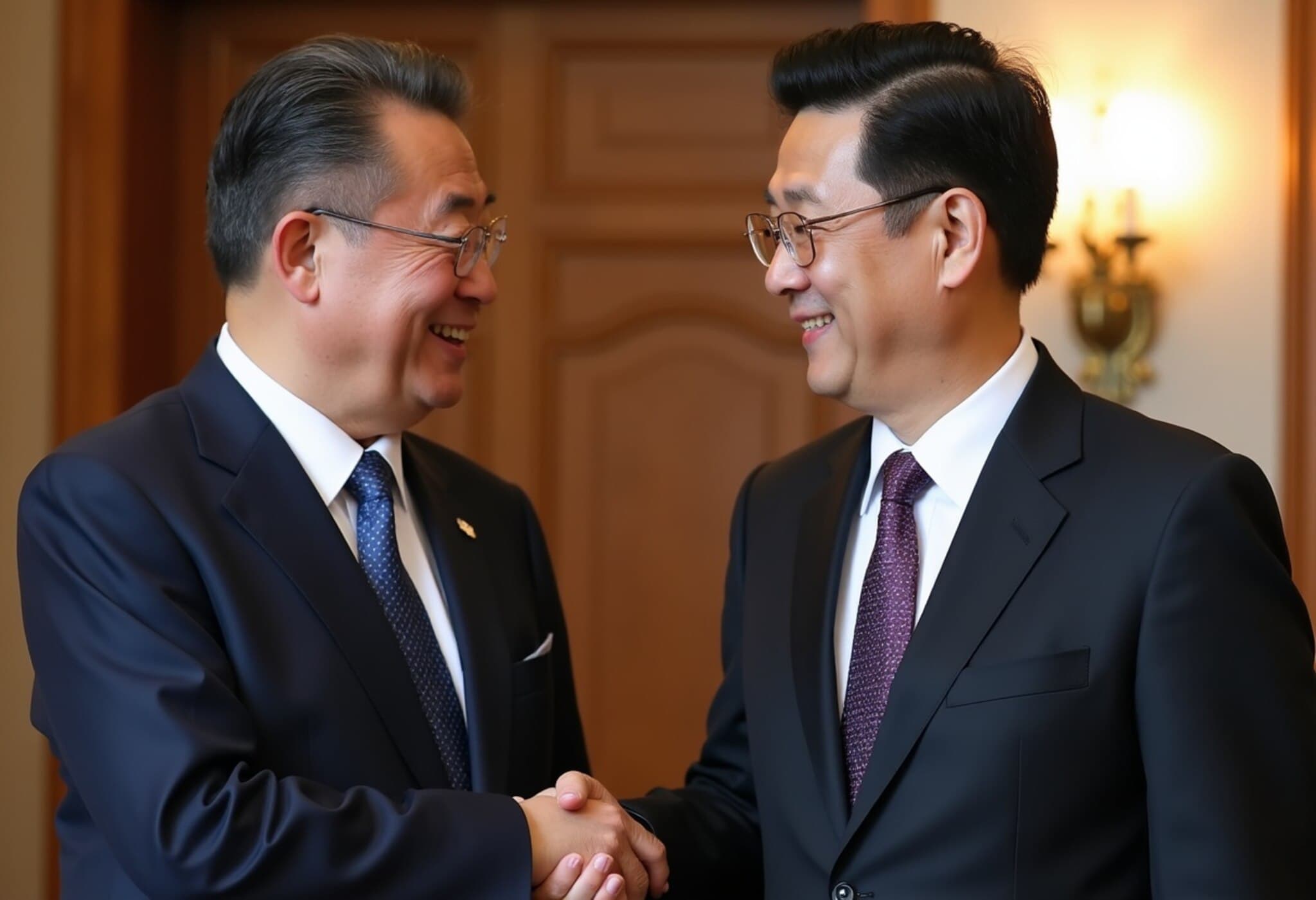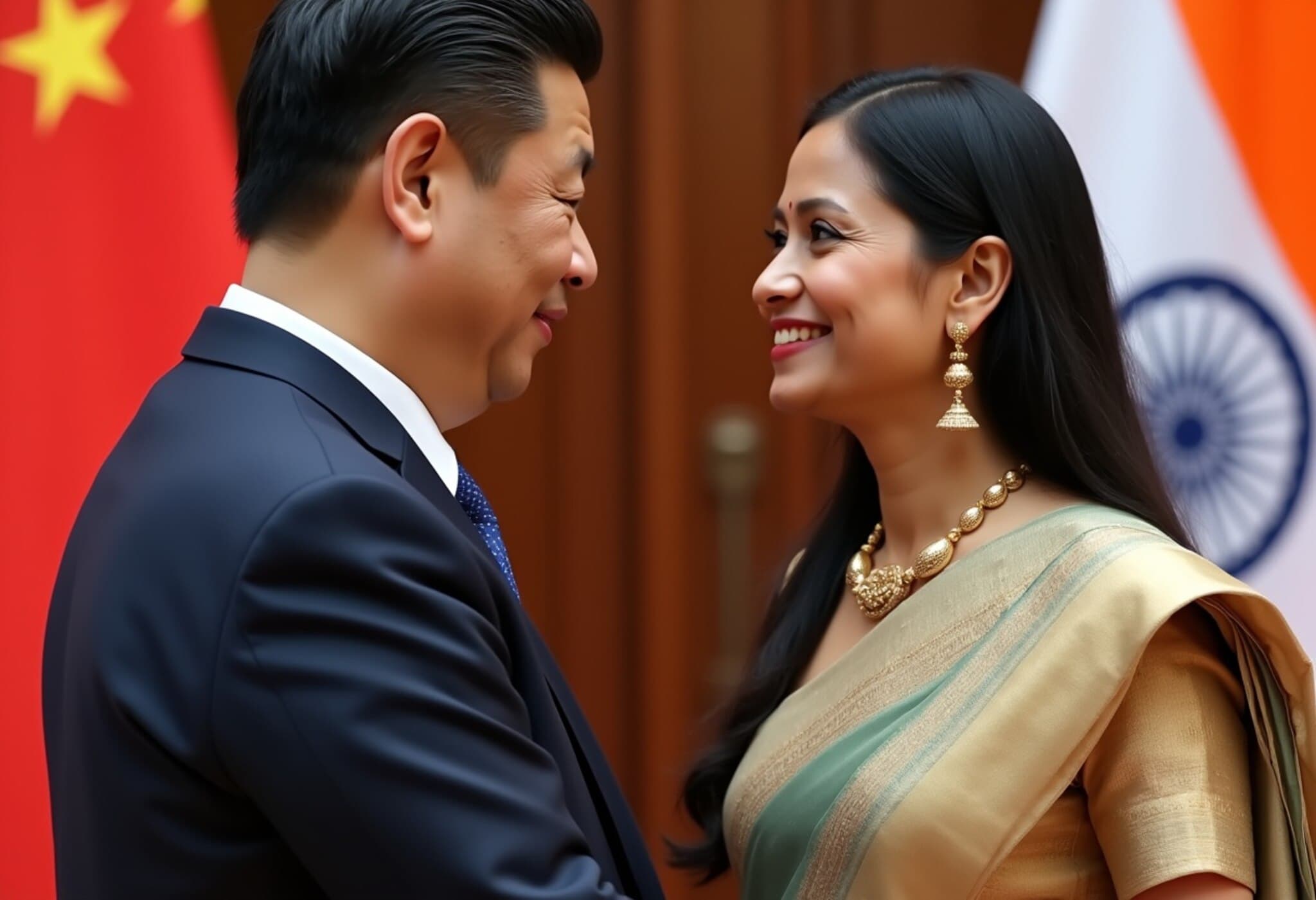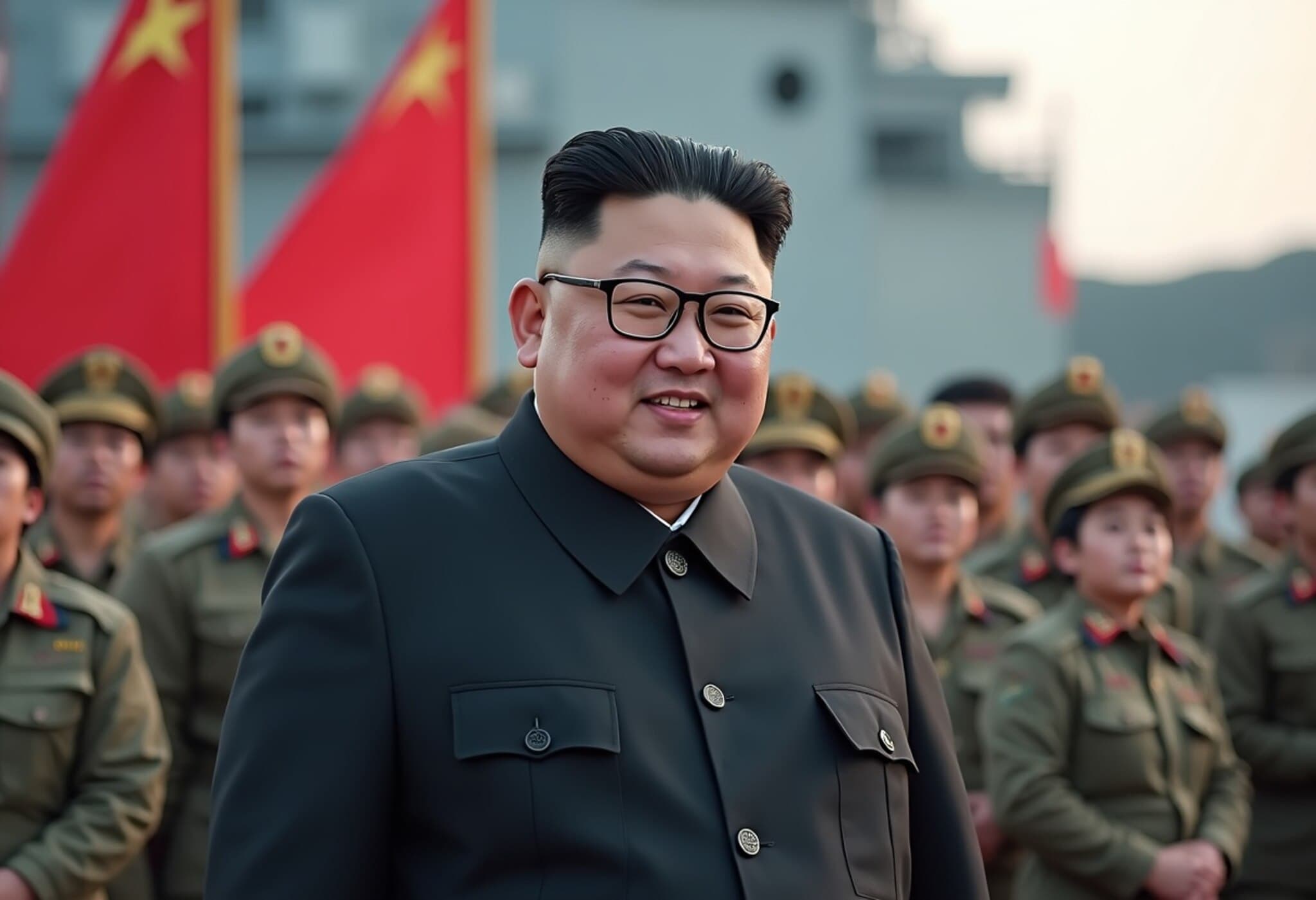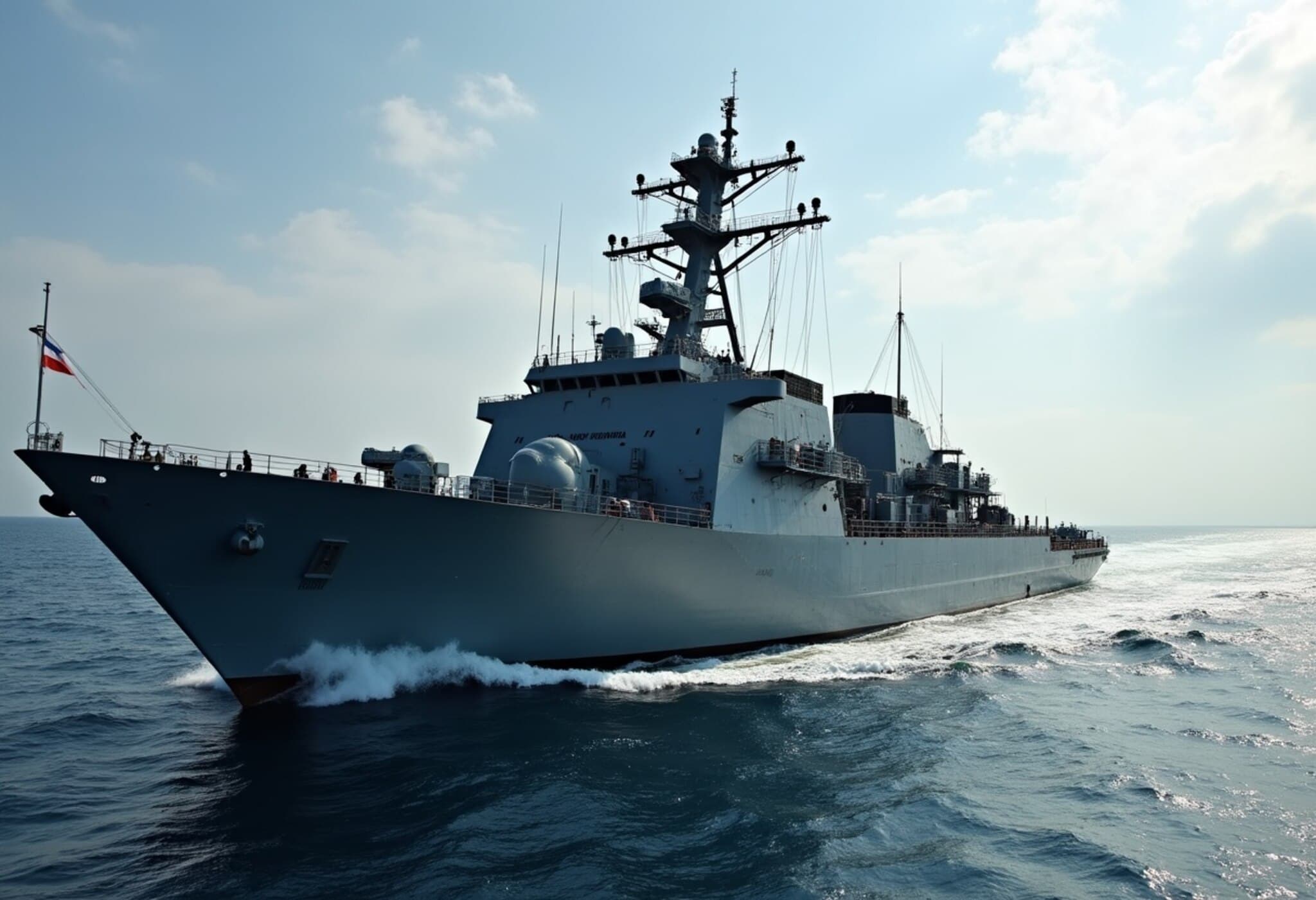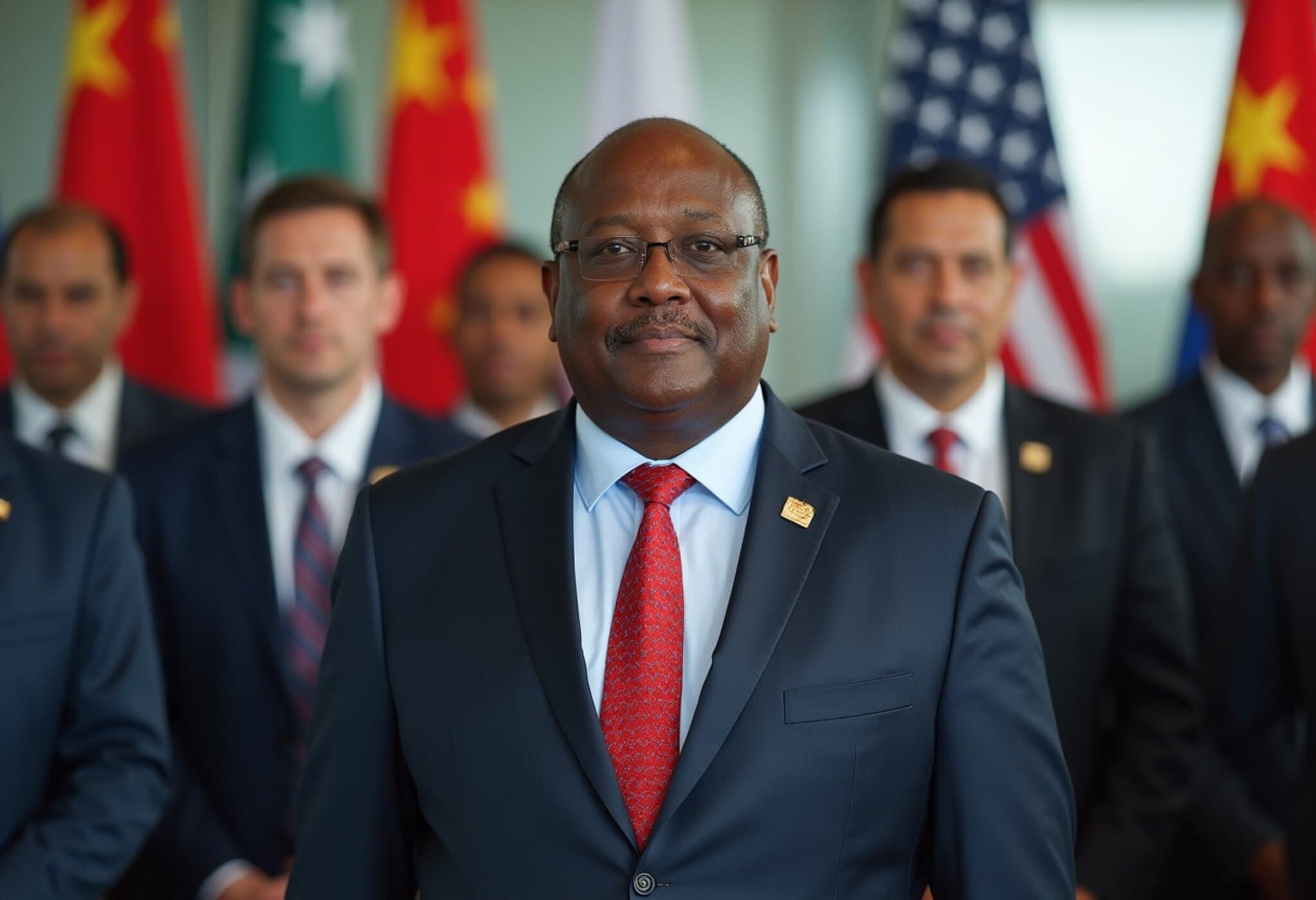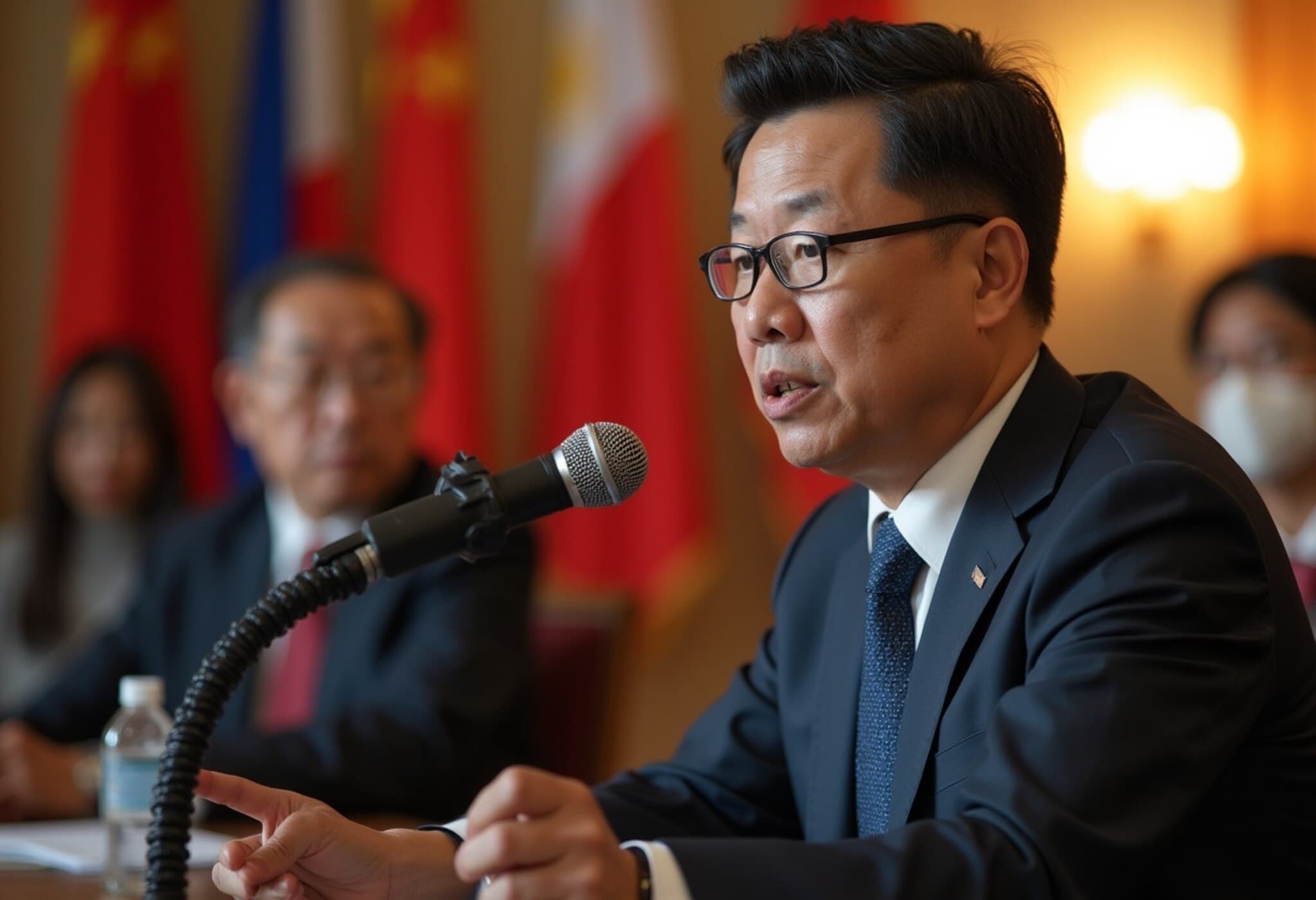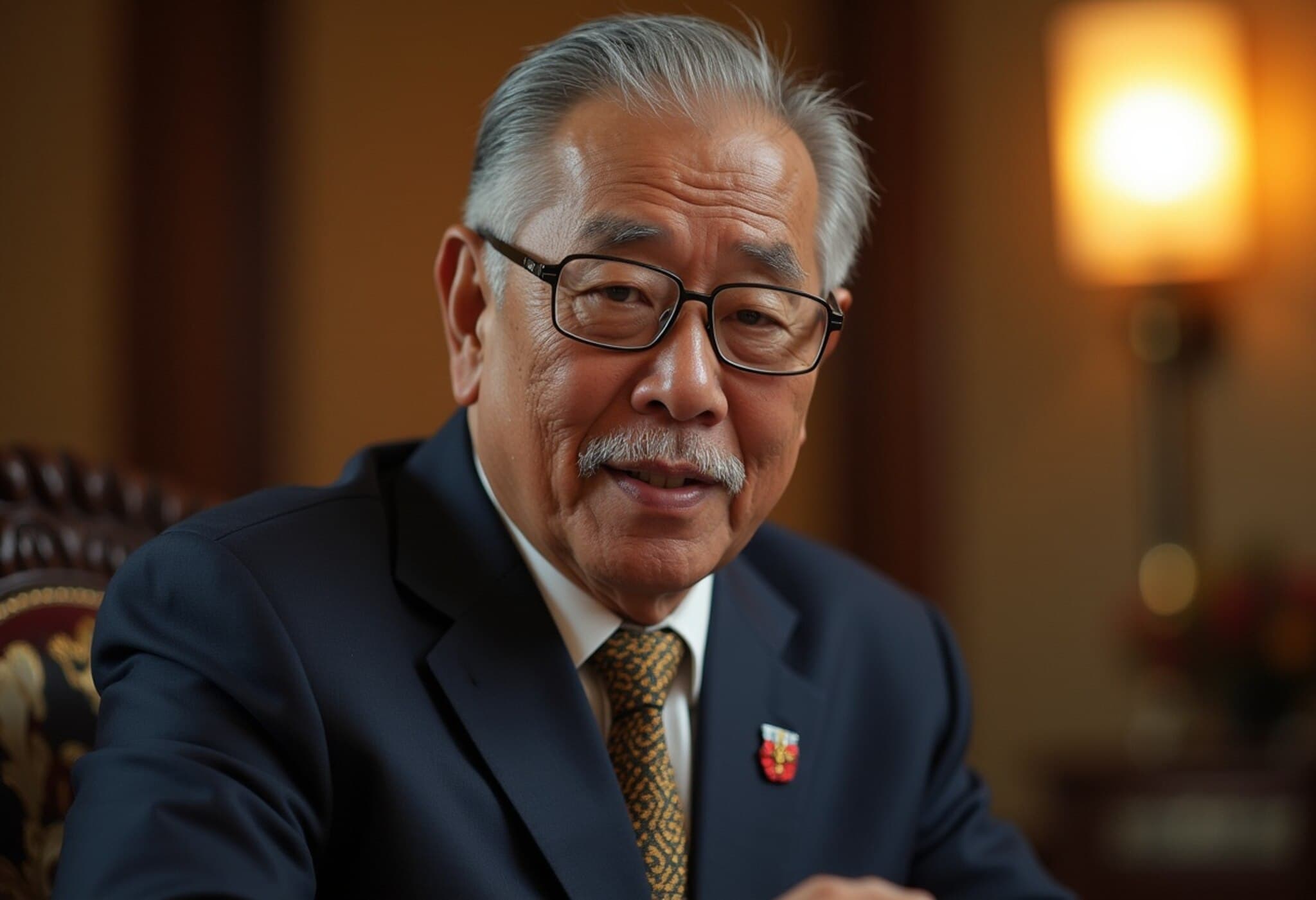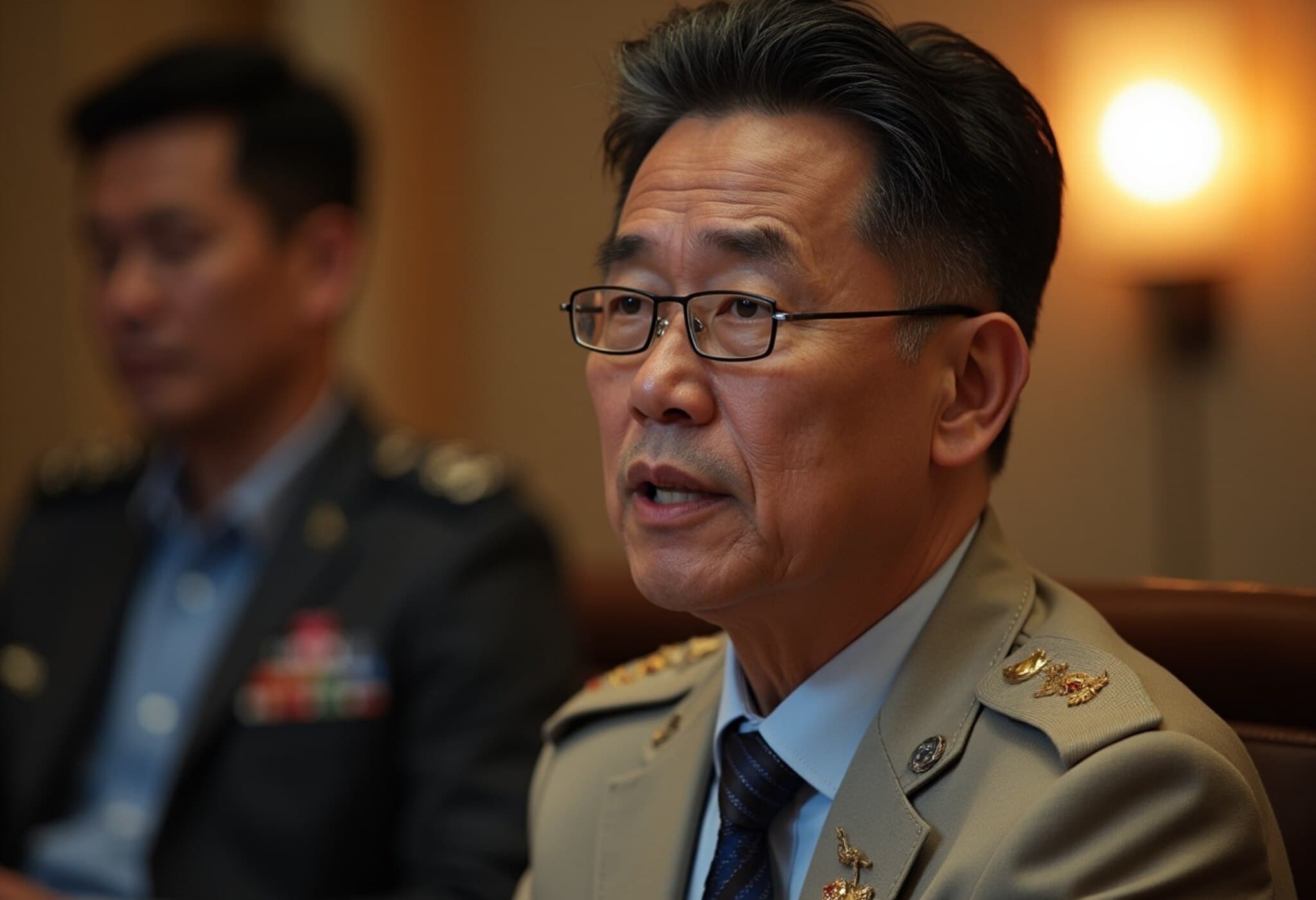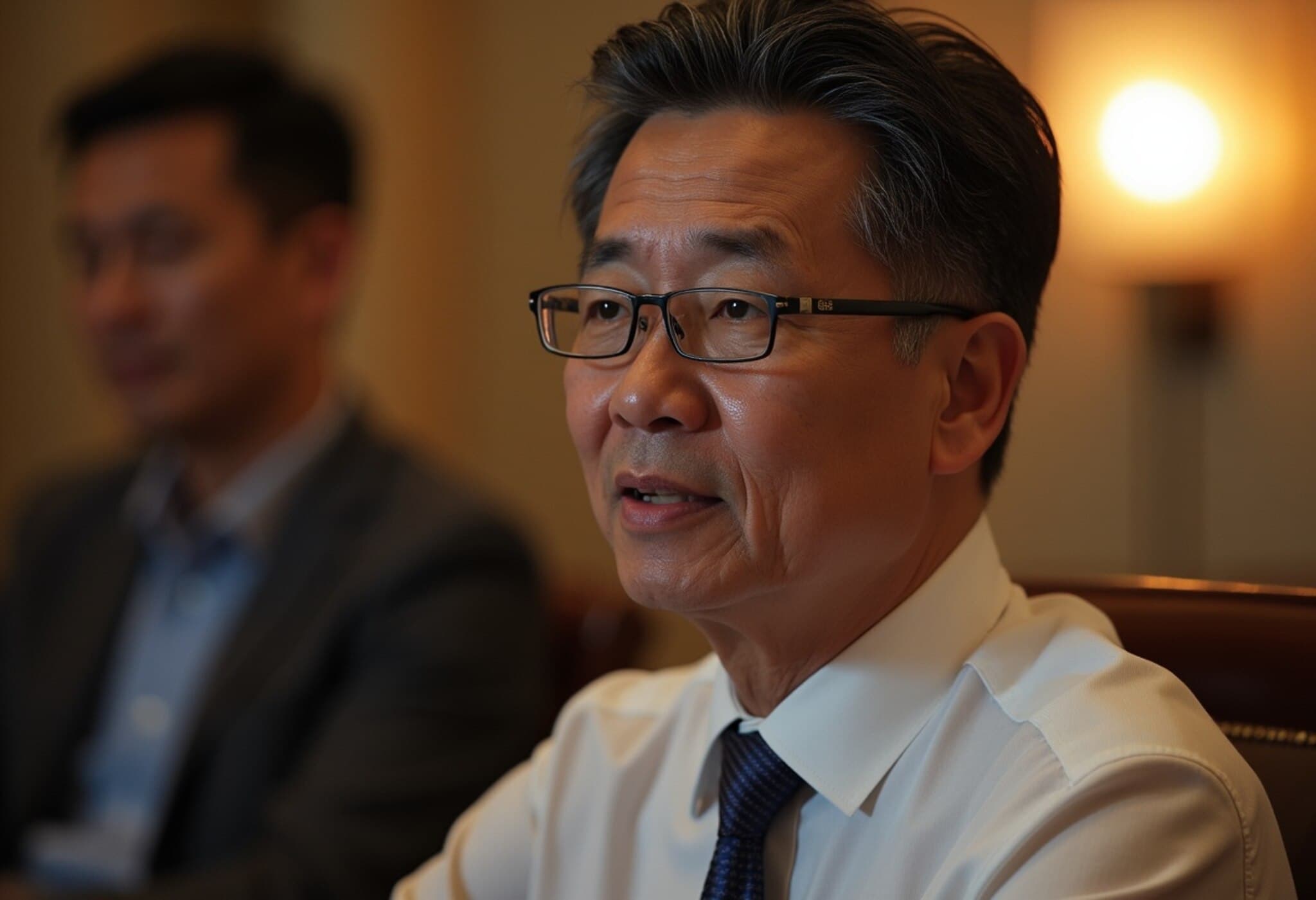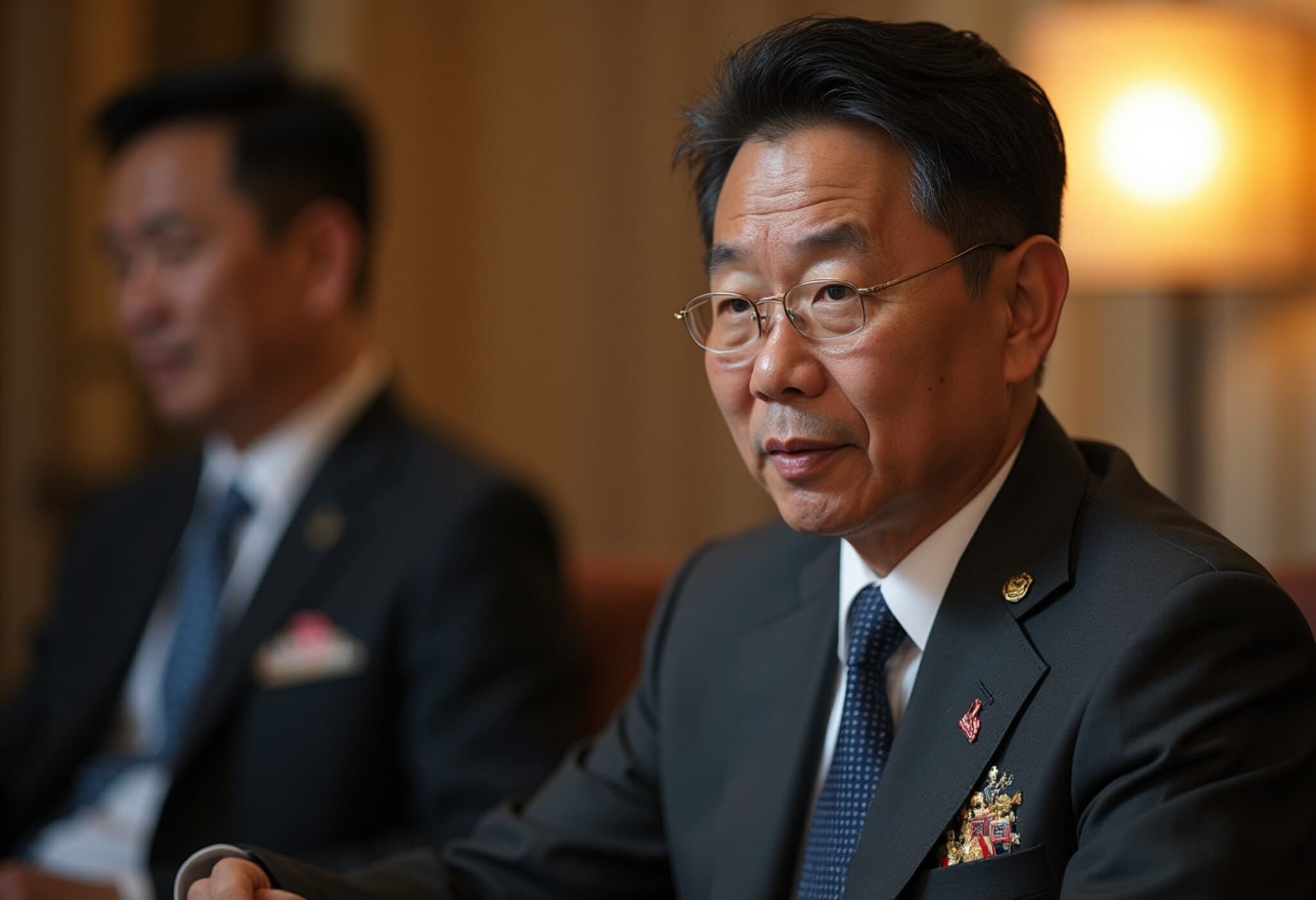Philippine President Marcos Confirms Increased BrahMos Missile Procurement
In an exclusive interview with Firstpost, President Ferdinand 'Bongbong' Marcos Jr. revealed the Philippines is ramping up its defense capabilities by procuring additional BrahMos missiles from India. This move reflects growing regional security concerns, particularly in light of escalating tensions around Taiwan.
Strategic Implications Amid Taiwan Conflict Risks
President Marcos candidly acknowledged that the Philippines "cannot stay out if a Taiwan war breaks out," indicating that Manila is preparing for potential spillover effects from any conflict involving the self-governed island. Given the Philippines’ geographic proximity and its role in the US-led security architecture in the Indo-Pacific, the increased missile procurement underscores Manila’s intent to strengthen deterrence amid rising uncertainties.
Why BrahMos Missiles?
The BrahMos is a joint venture between India and Russia, renowned for its supersonic speed, precision, and versatility. It offers the Philippines a critical upgrade in both coastal defense and maritime strike options — areas increasingly significant amid China's expanding naval presence in the South China Sea and beyond.
- Range and speed: The BrahMos missile travels at nearly three times the speed of sound, making it difficult for adversaries to intercept.
- Versatility: It can be launched from land, sea, and air platforms, providing the Philippines with flexible deployment options.
- Deterrence: Serves as a robust tool to deter potential aggressive actions near Philippine territory.
Contextualizing the Procurement Within Regional Geopolitics
The Indo-Pacific region is witnessing a complex power play, with China asserting its claims and the US fortifying alliances. The Philippines has traditionally balanced its foreign relations, but escalating threats have galvanized President Marcos to pursue tangible military enhancements.
Moreover, this procurement signals deepening defense ties between India and the Philippines, reflecting India's expanding strategic footprint in Southeast Asia amid its Act East Policy. For the United States, a strong Philippine defense bolsters regional stability and complements American strategic interests.
Underreported Angle: The Economic Dimensions
While security dominates headlines, the BrahMos acquisition also carries economic ramifications. Indigenous and joint development programs like BrahMos facilitate technology transfer, industrial collaboration, and job creation — crucial for Philippine economic modernization.
Expert Insight: What This Means for US-Philippines Relations
Military analyst Dr. Carla Mendes comments, "The Philippines’ procurement of advanced weaponry such as BrahMos aligns with a broader trend of Southeast Asian states diversifying their defense partnerships beyond traditional allies, enhancing autonomy while reinforcing existing alliances."
Indeed, this development may encourage closer trilateral cooperation between India, the Philippines, and the US, shaping a robust security network in the region.
Looking Ahead: Regional Stability and the Role of Southeast Asia
As tensions simmer near Taiwan and the South China Sea, Southeast Asian nations face the delicate task of maintaining peace while safeguarding sovereignty. President Marcos’ candid remarks and defense initiatives highlight Manila’s proactive stance amidst these challenges.
Whether this intensification of military procurement translates into a more stable or more volatile region remains to be seen. However, what is clear is that the Philippines is positioning itself to play a pivotal role in the evolving Indo-Pacific security landscape.
Editor's Note
Key Takeaways:
- The Philippines’ acquisition of more BrahMos missiles signals heightened security concerns tied to Taiwan’s geopolitical volatility.
- Strengthening defense ties with India marks a strategic diversification for Manila and an expansion of India’s influence in Southeast Asia.
- Economic and technological benefits from such procurement programs could have long-term positive impact on the Philippine defense industry.
As the Indo-Pacific faces growing uncertainty, Manila’s strategic choices underscore the complex balancing act smaller states must perform amid global power contests. Readers are invited to consider: How will such missile procurements influence regional peace efforts, and what role will the Philippines assume in future Indo-Pacific security dynamics?

